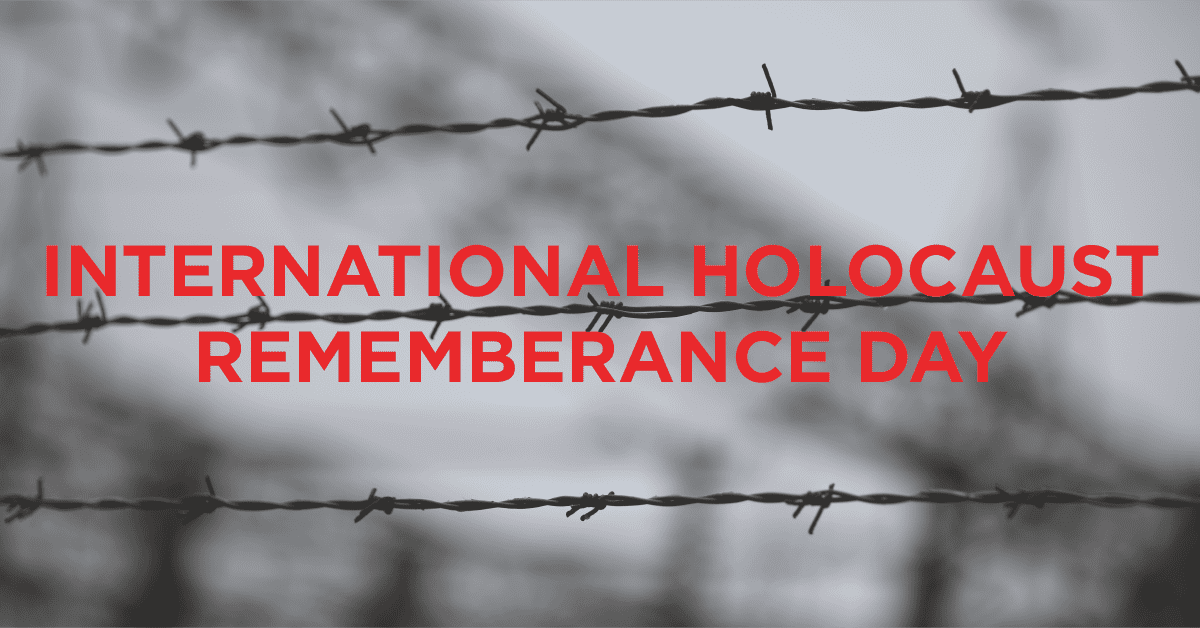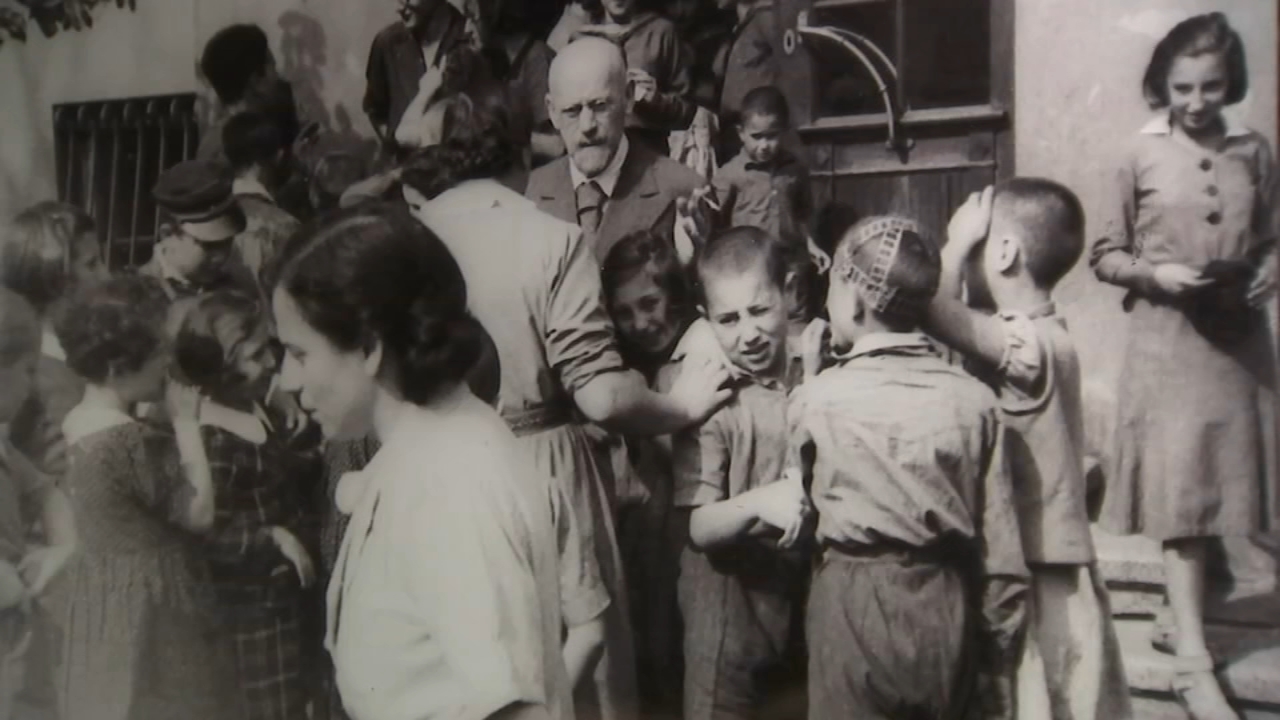

Remembrance activities varied by country. In 2015, 39 countries participated in International Holocaust Remembrance Day commemoration ceremonies. The theme of 2023 is "Home and Belonging." It reflects on what these concepts meant to persecuted individuals during the Holocaust and in its aftermath. The 2022 theme was "Memory, Dignity, and Justice." It explored how preserving the historical record and challenging distortion are elements of claiming justice. Due to the COVID-19 pandemic, the commemoration ceremony was held, for the first time, virtually. It examined the aftermath of the Holocaust, as well as ongoing efforts to address antisemitism, disinformation, and hate speech. The theme of 2021 centered on recovery and reconstitution. In 2017, the theme emphasized "Holocaust education as a platform for building respect for human rights, increasing tolerance and defending our common humanity." In 2018, the theme was "Holocaust Remembrance and Education: Our Shared Responsibility." The 2019 theme encouraged young people to "learn from the lessons of the Holocaust, act against discrimination, and defend democratic values in their communities." In 2020, the theme reflected on the 75th anniversary of the liberation of Auschwitz, the end of World War II, and the founding of the UN.

The 2016 theme explored the UN Charter and the Universal Declaration of Human Rights' connection to the Holocaust.

In 2015, the central idea was how the experiences of the Holocaust shaped the founding of the UN. In 2013, remembrance events centered on individuals and groups who risked their lives “to save tens of thousands of Jews, Roma and Sinti and others from near certain death under the Nazi regime during the Second World War in Europe.” The 2014 theme focused on journeys through the Holocaust-from deportation to liberation. The 2012 theme was “ Children and the Holocaust” and highlighted the effects of mass violence on children.

The 2011 theme focused on the experiences of women. In 2010, the central theme revolved around Holocaust survivors and the lessons they pass on to future generations. Since 2010, the UN has designated specific themes for the annual commemorations. UN offices across the world and other state offices also conduct their own ceremonies. The UN Headquarters holds official commemorations each year. Since the ceremony was broadcast live on television, many more people were able to view it throughout the world. The first commemoration ceremony was held on January 27, 2006, at the UN Headquarters in New York City. The resolution encourages member states of the UN to actively preserve sites that the Nazis used during the "Final Solution" (for example, killing centers, concentration camps, and prisons.) Drawing from the Universal Declaration of Human Rights, the resolution condemns all forms of “religious intolerance, incitement, harassment or violence against persons or communities based on ethnic origin or religious belief” throughout the world. Resolution 60/7 not only establishes January 27 as “International Day of Commemoration in memory of the victims of the Holocaust,” it also rejects any form of Holocaust denial. The same resolution supports the development of educational programs to remember the Holocaust and to prevent further genocide. The date marks the liberation of Auschwitz-Birkenau and is meant to honor the victims of Nazism. If (slot) slot.addService(googletag.On November 1, 2005, the UN General Assembly adopted resolution 60/7 to designate January 27 as International Holocaust Remembrance Day (IHRD). (function (a, d, o, r, i, c, u, p, w, m) Bahrain observes Holocaust Remembrance Day for the first time - The Jerusalem Post


 0 kommentar(er)
0 kommentar(er)
